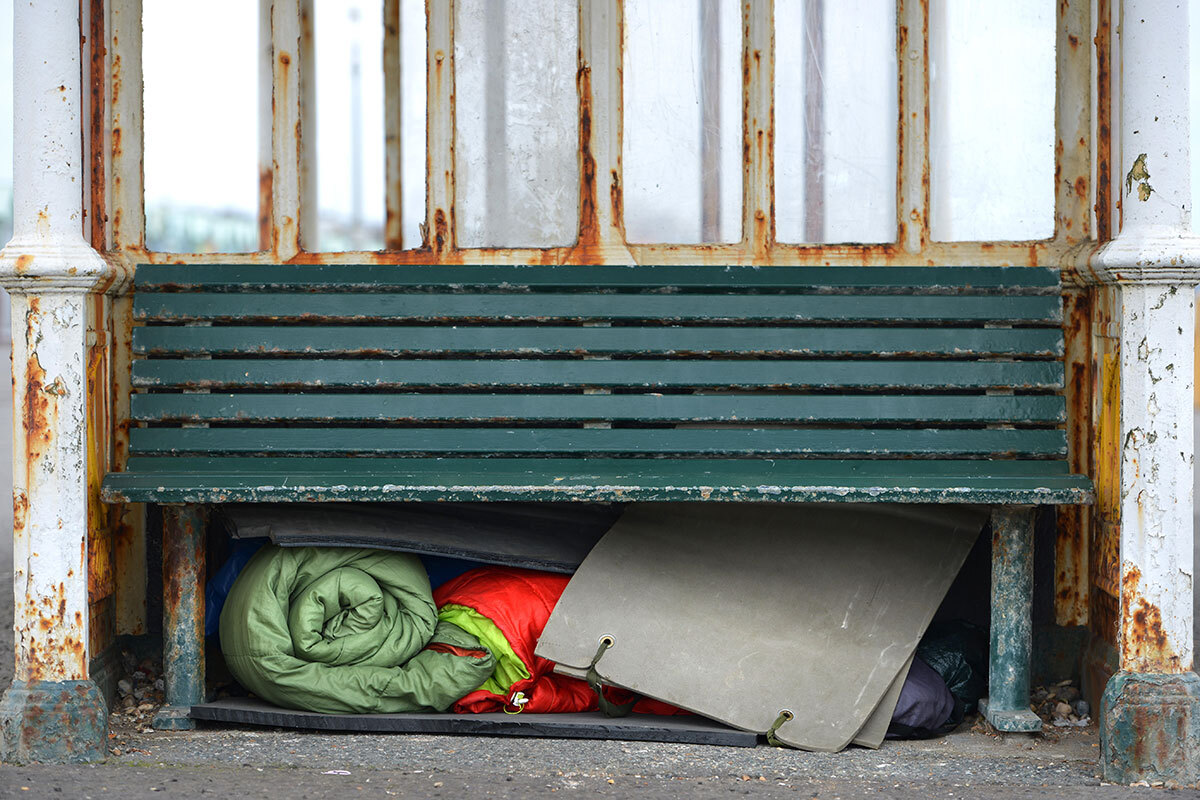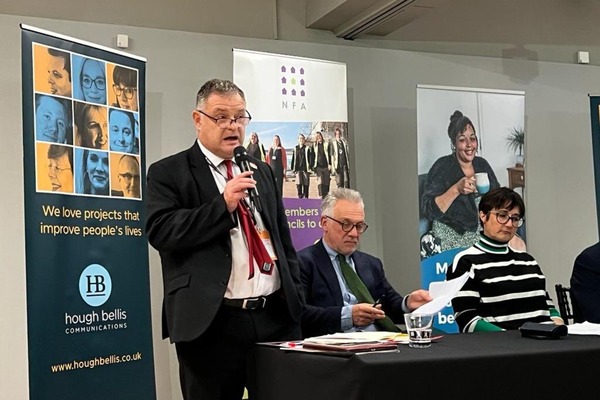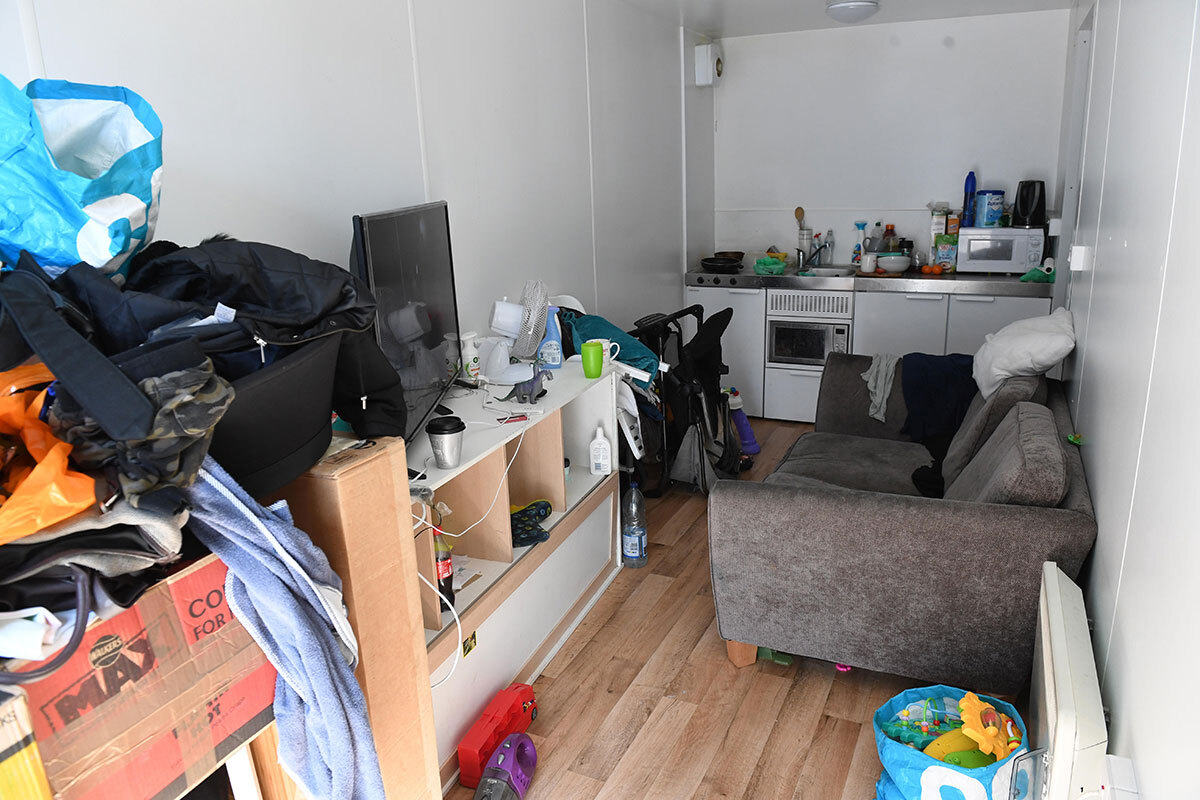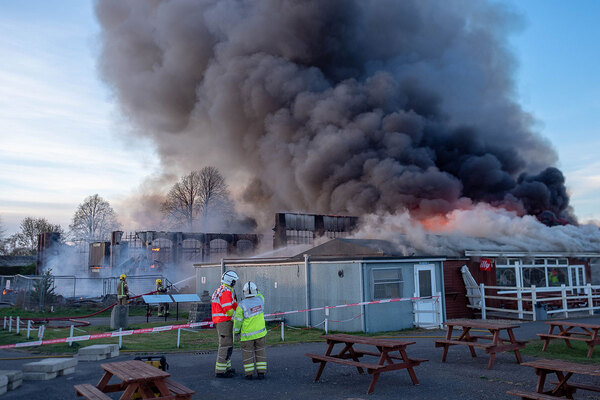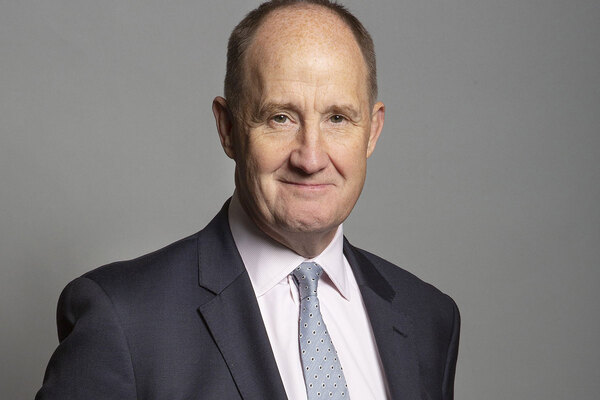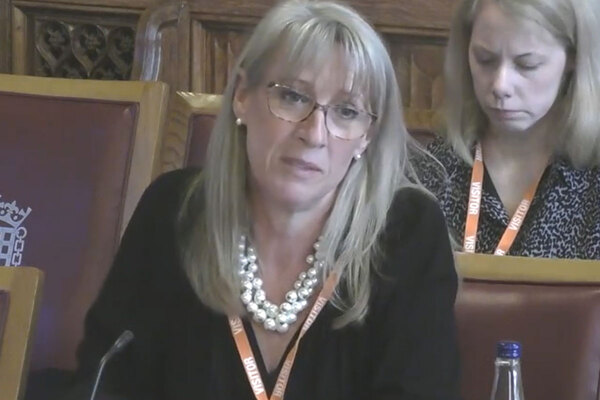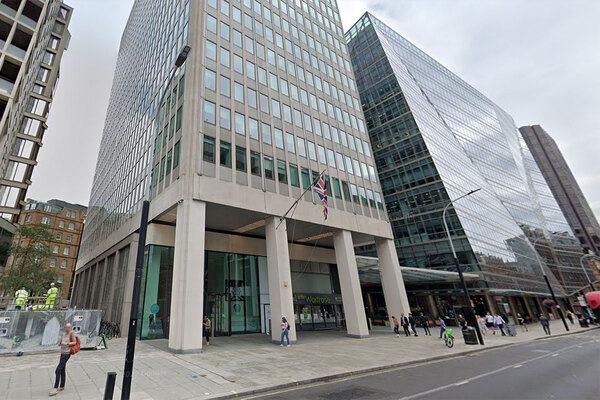Homelessness in England rises 6.8% on previous year
The number of households in England who became homeless or were at risk of homelessness has increased 6.8% on the previous year.
According to the latest government figures, between April 2022 and March 2023, 298,430 households in England became homeless or were at risk of becoming homeless, including 104,460 families with children.
The figures published by the Department for Levelling Up, Housing and Communities also show the number of households in temporary accommodation was 104,510, the highest on record.
The data release follows a report by Inside Housing last week that found £1.74bn was spent on accommodation, including properties leased by local authorities, hostels, refuges and B&Bs, over the same period.
The latest figures also show that the number of people facing homelessness because they received a Section 21 (‘no-fault’) eviction notice increased by 27.4%, to 24,260.
At the same time, there was a 30.5% increase in people assessed by the local authority as sleeping rough.
The government maintains that the strategy it published last year includes “bold commitments” to tackle rough sleeping alongside £2bn of funding over the next three years.
It also said it was investing £1bn between 2022 and 2025 in the Homelessness Prevention Grant.
This funds local authorities to work with landlords to prevent evictions and offer financial support for people to find a new home and move out of temporary accommodation.
But in London, tackling the homelessness crisis is contributing to a £500m shortfall in councils’ budgets.
Kate Henderson, chief executive of the National Housing Federation, described the latest figures as “utterly shameful”.
She said: “As we head towards the next election, we are urging all parties to move away from short-term, piecemeal policy announcements on housing and commit to a national long-term plan that is ambitious, properly funded and based on measurable outcomes for millions in housing need.
“Crucially, this plan must prioritise drastically increasing the number of social homes being built, as this is the only housing affordable to those on the lowest incomes, including homeless families.”
John Glenton, executive director of care and support at Riverside, said: “It is extremely concerning to see that the number of households living in temporary accommodation has increased by 10% year on year, to more than 104,000.
“We now have a government which says it is determined to take long-term decisions for a brighter future.
“We want the government to apply this logic of long-term decision-making to the housing and homelessness crisis we now face.”
The government told Inside Housing it was committed to reducing the need for temporary accommodation by preventing homelessness before it occurred in the first place.
Felicity Buchan, minister for housing and homelessness, said: “While the long-term trends show significant progress has been made, with rough sleeping well below pre-pandemic levels, we are continuing to tackle homelessness and end rough sleeping for good.
“We are spending £2bn in the areas that need it most, more than 640,000 households have been prevented from becoming homeless since 2018 and our Homelessness Reduction Act means more people are getting the help they need before they face a crisis.”
However, a number of charities said the latest figures showed there was a need to increase housing benefits.
Emma Haddad, chief executive of St Mungo’s, said: “I have written to the chancellor, along with colleagues across the sector, imploring him once again to raise housing benefit so that it covers the bottom 30% of local rents, as per the government’s own stated policy, rather than just 5% of rented accommodation, as now.”
Nathan Slinn, assistant territorial director for The Salvation Army’s Homelessness Service, said: “To stem the rising tide of homelessness, which not only impacts individuals, but also the provision of public services, it’s vital to prevent people from reaching crisis point.
“Unless housing benefits are urgently raised to cover the cost of rent alongside adequate resources for local authorities and other providers of support services, the number of people who become homeless will keep rising. But if the government acts now, it has the power to put things right.”
Sign up for our daily newsletter
Already have an account? Click here to manage your newsletters
